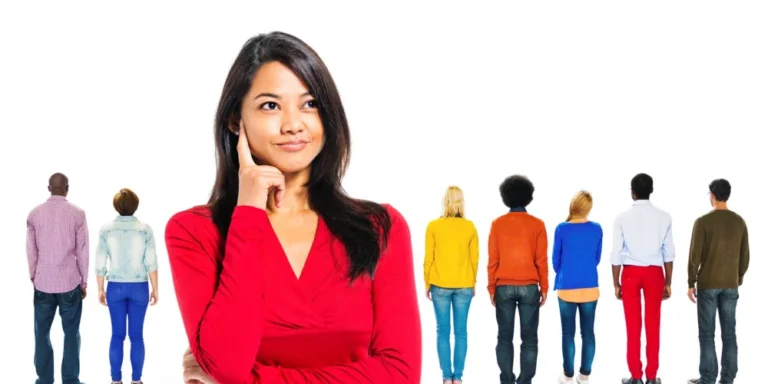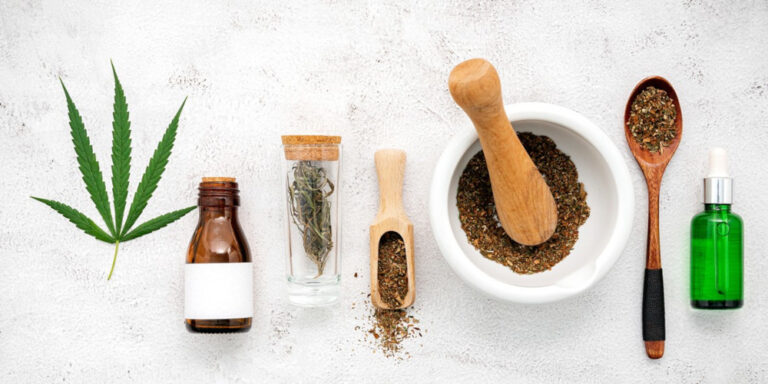Some people walk through life with their nerves exposed. They don’t just hear people’s pain, they feel it. The sigh in someone’s voice, the look behind their eyes, the heaviness in a room, it all lands inside them like it’s their own. These are the empaths, the caretakers, the ones who feel responsible for everyone else’s emotional weather. They’re the first to offer help, the last to rest, and the most likely to burn out quietly while convincing everyone they’re fine.
Empathy is supposed to be a gift, and it is, but when left unchecked, it becomes a trap. Feeling everything isn’t the same as healing anything. And for many people in recovery, that inability to stop absorbing pain becomes its own kind of addiction.
When Caring Becomes Compulsion
Empathy is often romanticised. Society praises the “good listener,” the “healer,” the “selfless friend.” But underneath the praise lies a dangerous truth, empathy can become compulsive. For people wired to feel deeply, helping others provides a rush of meaning and validation. It gives you purpose. It distracts from your own pain. You tell yourself you’re being kind, but sometimes what you’re really doing is avoiding your own discomfort.
When someone cries, you fix them. When someone hurts, you absorb it. When someone crosses your boundary, you tell yourself it’s love. It’s not. It’s emotional self-abandonment dressed up as compassion. In recovery, this pattern becomes especially dangerous. You may have stopped using substances, but you still use people’s pain as a way to regulate your own emotions. You keep busy “saving” others so you never have to sit still and face yourself.
That’s not empathy, that’s escape.
The Addiction to Emotional Intensity
Addiction isn’t always about chemicals; it’s about intensity. The drama, the chaos, the rush of feeling something big. Empaths find that rush in emotion. Every crisis becomes a new high, not because you enjoy the suffering, but because it makes you feel alive. You jump from one person’s pain to another’s, convincing yourself you’re helping while secretly feeding your need for purpose.
This is why many empaths end up in one-sided relationships, toxic friendships, or burnout-inducing careers. They mistake intensity for intimacy. They confuse chaos with connection. And when everything quiets down, they feel empty, like withdrawal. Feeling deeply becomes a substitute for living deeply. You mistake empathy for identity, and the line between compassion and compulsion disappears.
Why Empaths Are Drawn to the Broken
There’s a saying, “If you’re used to chaos, peace feels like boredom.” For many empaths, that’s the truth. They’re drawn to people who need fixing because that’s where they feel useful, even alive. They don’t mean to seek out brokenness, but their radar is tuned to it. The wounded find them, and they rarely say no. They see potential in everyone, the addict, the abuser, the unavailable partner, and they think love can save them.
But love can’t heal what someone refuses to face. And trying to save others often becomes a way to avoid saving yourself. Behind that constant rescuing lies a belief, “If I can fix them, maybe I can redeem myself.” But empathy that’s rooted in guilt or trauma isn’t compassion. It’s self-sacrifice disguised as morality. You can’t heal others by bleeding for them.
The Emotional Hangover
Empaths don’t crash from substances, they crash from people. After spending a day absorbing everyone’s pain, they feel heavy, anxious, and drained. They call it “being tired,” but it’s more than that. It’s emotional hangover, the cost of carrying feelings that were never theirs to hold. Because they feel so responsible for others, they rarely set boundaries. Saying no feels like rejection. Stepping back feels like cruelty. So they keep giving, their time, their energy, their empathy, until there’s nothing left.
Then comes the resentment. The quiet bitterness toward the world for always taking. The confusion when nobody shows up for them the way they show up for others. It’s not that people don’t care, it’s that the empath never let them. When you play healer, you teach others to see you as unbreakable. But no one can save you if you never admit you need saving too.
Control Disguised as Care
This is the hardest truth for many empaths to face, sometimes caring is just control in disguise. When you constantly fix, help, or rescue, you’re not just being kind, you’re managing your own anxiety. You can’t stand to watch someone fall apart, not because you’re selfless, but because their pain triggers yours.
So you take over. You fix it. You soothe them before they’ve even asked. It looks like love, but it’s fear, fear of helplessness, fear of watching someone suffer, fear of losing control. This isn’t to shame empathy, it’s to expose how it can morph into something unhealthy. Compassion empowers others; control disempowers them. Real empathy isn’t about absorbing someone’s pain, it’s about sitting with it without trying to own it.
Boundaries Aren’t Walls
Many empaths resist boundaries because they think boundaries mean disconnection. They fear that saying no will make them selfish, cold, or unkind. But boundaries don’t reduce love, they refine it. A boundary isn’t rejection, it’s respect. It says, “I care about you, but I also care about me.”
Without boundaries, empathy turns toxic. You start resenting the people you’re trying to help. You start burning out. You start losing yourself. Boundaries allow empathy to breathe. They make compassion sustainable. They remind you that your role isn’t to carry people, it’s to walk beside them. The healthiest empaths learn to distinguish between feeling for someone and feeling as them. One heals, the other destroys.
The Link Between Trauma and Empathy
Many empaths weren’t born, they were built. They grew up in homes where emotions were unpredictable, where peace depended on reading the room and anticipating everyone else’s needs. They learned early that being attuned kept them safe. They became emotional barometers, experts at sensing danger, mediating tension, keeping others calm.
That hyper-awareness, once a survival skill, becomes identity. As adults, they don’t know who they are outside of other people’s moods. They mistake hypervigilance for love and self-erasure for virtue. This trauma-rooted empathy feels noble, but it’s exhausting. Healing means unlearning the belief that love equals sacrifice. It means letting go of the need to feel everything in order to prove your worth. You can care without carrying. You can understand without absorbing. You can love without losing yourself.
The Recovery of the Empath
For empaths in recovery, whether from addiction, trauma, or codependency, the hardest part isn’t feeling less; it’s learning to feel differently. You don’t need to stop being sensitive. You just need to stop using sensitivity as a form of control. The recovery process is about returning empathy to its rightful place, as a bridge, not a burden. It’s learning to let others feel their feelings without making them yours. It’s learning that your peace isn’t selfish, it’s necessary.
That means rest without guilt. Saying no without apology. Disconnecting without shame. It means letting people struggle, because sometimes struggle is their path to strength. Empathy without boundaries is martyrdom. Empathy with boundaries is power.
Compassion Fatigue
We talk about burnout in the workplace, but rarely about emotional burnout in relationships. Compassion fatigue is real, especially for those who constantly pour from an empty cup. You can’t help anyone when you’re drowning. You can’t heal others if you’ve forgotten how to breathe. Compassion fatigue doesn’t mean you’re weak, it means you’ve been giving more than you’ve been replenishing.
The cure isn’t withdrawal from people, it’s reconnection with yourself. Time in nature, therapy, journaling, solitude, creativity, these aren’t luxuries; they’re survival tools for empaths. Your empathy is a strength, but only when it includes you too.
Turning Empathy Inward
The final stage of escaping the empath trap is turning that same compassion inward. You already know how to love deeply, now it’s time to direct some of it toward yourself. That means forgiving your exhaustion, your overreactions, your need to help. It means understanding that your sensitivity isn’t a flaw; it’s just been misused.
When you stop trying to fix everything and start tending to yourself, empathy becomes healing again. You begin to feel connected rather than consumed. You start responding instead of rescuing. You realise that the world doesn’t need you to feel everyone’s pain, it just needs you to show up whole.
The Freedom of Feeling Less
The goal isn’t to feel less, it’s to feel wisely. To know the difference between compassion and compulsion, between care and control, between empathy and exhaustion. Real love doesn’t demand your suffering. Real empathy doesn’t require self-destruction.
When you stop mistaking pain for purpose, you begin to see that being sensitive isn’t a curse, it’s a capacity. One that can illuminate, inspire, and heal, but only if you protect it. Because the world doesn’t need more broken empaths. It needs people who can feel deeply and live fully, people who know that boundaries don’t block love, they preserve it.










